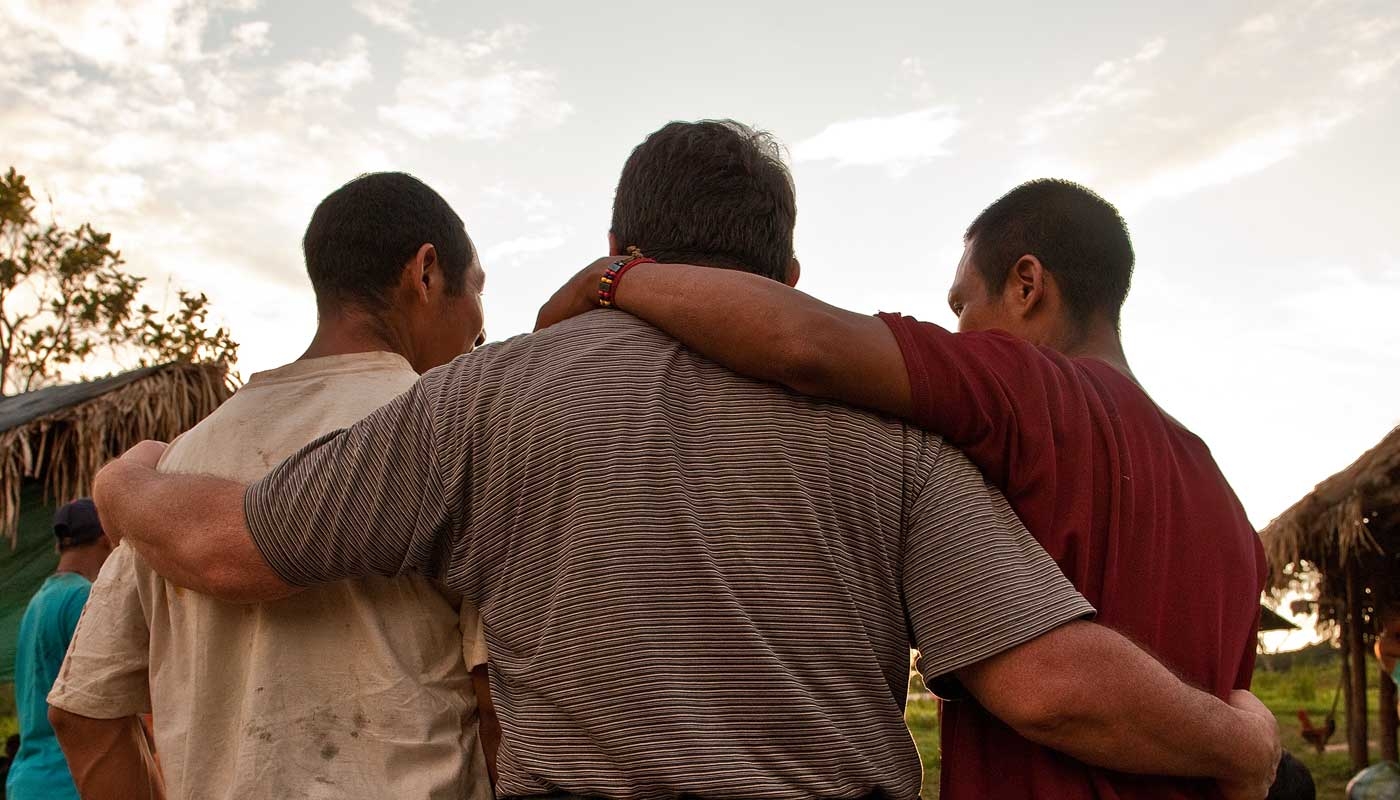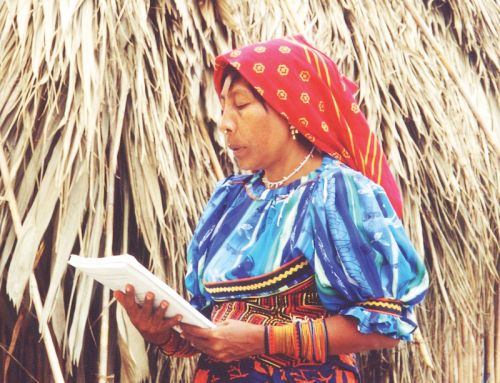The fuel that powers missions is the generosity of believers around the world. Depending on the season and circumstances of our lives, this takes different forms. Sometimes it’s hours of fervent prayer; other times it’s preparing for a mission event at church. Sometimes we give out of scarcity and other times out of abundance. God uses it all. Think of the widow who cared for Elijah out of her poverty, contrasted with how God provided seemingly unlimited resources for Nehemiah to rebuild the wall through a king. Both were responsible for the stewardship of what God provided them.
As life picks up momentum with the passing of each year, we begin to think more about the legacy we’ll leave, and hope to make the greatest impact with the time and resources God has given us. One way to achieve this is to take stock of our finances and our plan for giving — for the present, and the years to come. We are keenly aware that good stewardship is aided by an effective financial plan, taking into account proper budgeting, retirement planning and estate planning.
With this comes more preparedness because we can determine how much we need to live on now (budgeting), what we need for the years to come (retirement planning), and how we can have an eternal impact on the Kingdom of God even after we’ve departed this world (estate planning).
We imagine your life is much like ours, it’s hurry up to the next thing, and we rarely make ourselves stop to evaluate how we’re doing with what we have — time, relationships and financial resources. Our purpose here is not to dig deep and present exhaustive data on all the financial vehicles available to you for greater stewardship. Rather, our desire is to simply inform you that there are many good stewardship options to consider.
By taking a closer look at our finances, we’re able to develop a plan that best fits our individual situation. For instance, some types of gifts have a greater positive impact on our tax situation than just giving a gift with a cheque, credit card or cash. We will touch on this shortly.
There are a number of ways a person can continue impacting the mission field through the legacy of their estate. Thinking through these things can also be beneficial in determining how assets pass down to our loved ones.
Our team will be glad to answer any of your questions about the following gift opportunities.
It’s amazing to see how God can use ordinary tasks like creating a financial plan to radically grow the kingdom.
Publicly Traded Securities: A Gift with Eternal Dividends
In many cases, giving stock results in a greater tax advantage than a cash gift. By giving stock you can receive a tax deduction for the fair-market value of the stock and not what you paid for it. This allows you to avoid capital gains tax, potentially saving you thousands of dollars.
As a Canadian taxpayer, you can receive a significantly greater tax advantage by donating publicly traded securities (stocks, bonds, mutual funds) than by selling/redeeming the security and donating the cash. You would receive an official receipt for the full market value of the donated security (as of the date of donation), but would be exempted from having to report any capital gains or loss relating to the security. Furthermore, the value of the receipt can be used to offset up to 75% of your income for the year of the donation. And if the value of the receipt is greater than the amount needed for the current tax year, the unused value can be carried forward for use against future income-tax liabilities.
Making this type of gift is easy. Simply notify us of your desire to donate the security, and we’ll give you the information to pass along to your broker.
Estate Planning: Establish Your Legacy while Building the Kingdom
As believers, we can be good stewards of our assets, even after death. A will gives you the opportunity to continue transforming lives around the world through your legacy. With this one document you can direct your earthly assets to make a heavenly impact.
A will is also a great way to help your children understand your intentions after your passing. With a will you can avoid a lot of family frustration and help simplify probate, which is the legal process that takes place after a person dies.
If you do not have a will, the province you live in determines how your assets will be divided. This is a lengthy and expensive process. However, having a will in place helps make it faster.
To have your assets totally bypass probate, you will need a trust, which will give you even greater flexibility in how your assets are handled. Both wills and trusts provide peace of mind while also passing on resources to the generation that follows.
Giving through a will or a trust is simple. Some people designate a portion of their assets to be given to a ministry of their choice upon death. This simplifies the process because any legacy gifts are donated before the remaining assets pass down to the beneficiaries, making sure the intentions of the donor are met.
Because wills and trusts are important legal documents, we recommend that you use professional legal counsel when preparing them. We will be happy to provide the information you need if you plan to name NTM Canada among your beneficiaries.
What is a Gift-in-Kind?
Have you ever heard the term gift-in-kind? It may sound odd, but this is a type of charitable gift where you, a ministry partner, may give an item instead of making a gift by cash, credit card or cheque.
This includes stocks, mutual funds, cars, trucks, etc. In some situations, this may be a preferred method of giving over a cash gift; or when a cash contribution cannot be made, donors can still help the work of New Tribes Mission and receive a tax deduction.
Please note that gifts of this nature must first be approved by NTM Canada, and that the donor will be responsible for obtaining an appraisal to determine the Fair Market Value of the gift.
Gifts of Endowment
An endowment is an enduring gift (usually of a substantial amount) given to provide continuing income to NTM Canada for years to come. The original gift is invested for either a specific period of time or indefinitely, thereby generating income to support the ministries of NTM Canada. An endowment may be established during a donor’s lifetime or created by bequest in a will.
Gifts of Life Insurance
Naming NTM Canada as either a partial or sole beneficiary of a life insurance policy is one way of providing ongoing support for the Lord’s work at the end of your lifetime. Depending upon the arrangement, you may receive tax benefits during your lifetime while making a larger gift than you have ever thought possible.
Gifts of Interest Free Loans
An interest-free loan is a revocable agreement whereby a donor lends
a portion of their excess financial assets to NTM Canada to be invested for either a predetermined period of time or payable on demand. The interest earned on the principle provides support for the ministries of NTM Canada while remaining non-taxable to the donor. Arrangements can also be made for all or part of the loan to be forgiven at some point in the future, whereupon the principle itself becomes a charitable donation and a receipt for tax purposes will be provided.
If you have questions about any of these ways to invest in God’s work or want to learn more, contact our finance team here.






